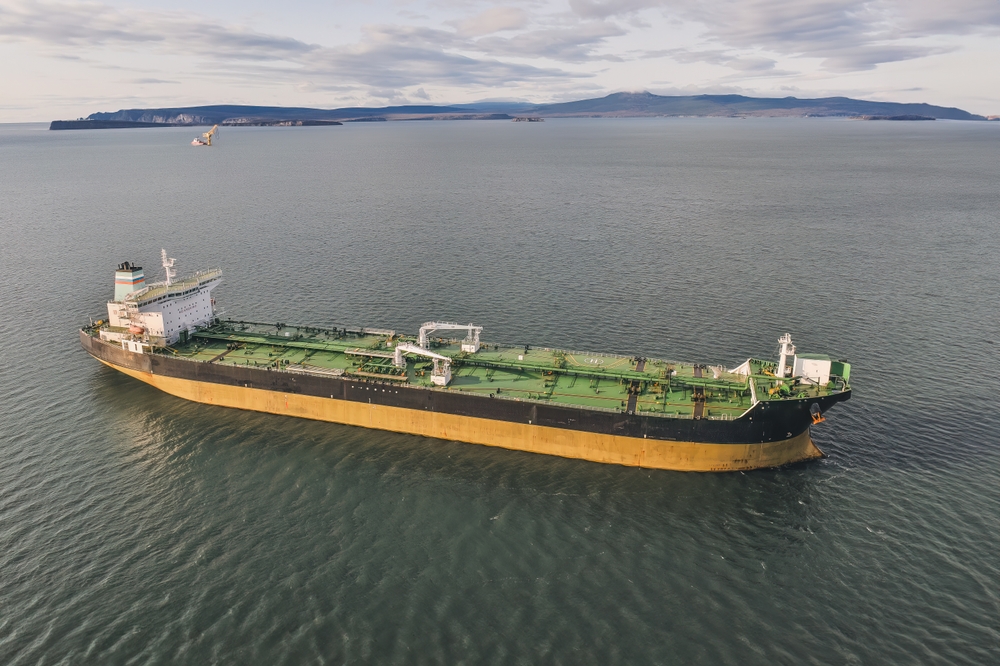Officials have stated that the tanker remains watertight.
Others are reading now
The term “shadow fleet” has become increasingly familiar in global shipping discussions.
It refers to older, minimally regulated vessels that transport goods for countries under international sanctions.
These ships often operate with outdated technology and questionable safety practices, raising concerns about their reliability and environmental impact.
Russia’s shadow fleet has played a significant role in moving oil under restrictions, with incidents involving these vessels drawing attention.
Also read
Remains Watertight
One of these tankers, the Eventin, recently experienced engine failure while navigating the Baltic Sea.
The 274-meter-long ship, built in 2006, was carrying 99,000 tons of crude oil from Ust-Luga, Russia, to Port Said, Egypt, when it began drifting north of the German island of Rügen.
German maritime rescue services responded by organizing towing operations to secure the vessel, according to WP.
Officials have stated that the tanker remains watertight, meaning there is no immediate threat of an oil spill.
Despite this reassurance, the Eventin’s connection to the shadow fleet raises questions about the safety of using older tankers for transporting oil.
These vessels are often poorly maintained, making them more likely to experience mechanical failures or accidents.
Similar incidents have occurred in the past.
In December 2024, two Russian tankers suffered severe structural damage in the Kerch Strait, leading to oil spills that required large-scale cleanup efforts.
Other examples of shadow fleet vessels encountering technical issues have been reported, pointing to broader concerns about the fleet’s operations.
The engine failure of the Eventin has added to the ongoing discussion about the risks associated with shadow fleet vessels.
Many of these ships operate in sensitive maritime areas like the Baltic Sea, where any major accident could have severe environmental consequences.
Rescue efforts for the Eventin are ongoing, with German authorities keeping a close watch on the situation.

